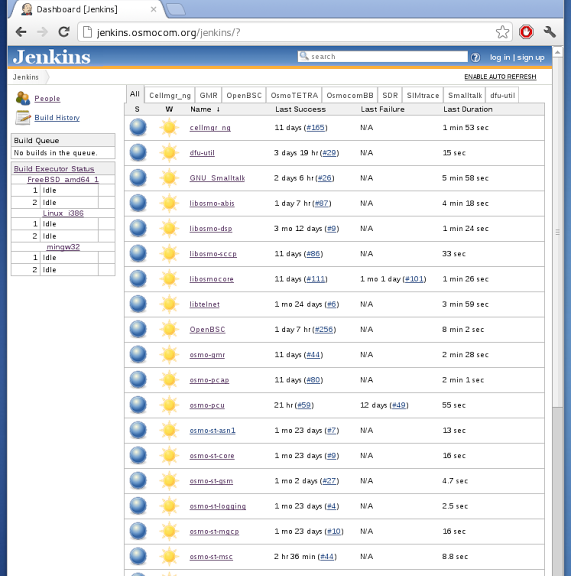OpenCore and Python moving to Github
Some Free Software projects have already moved to Github, some probably plan it and the Python project will move soon. I have not followed the reasons for why the Python project is moving but there is a long list of reasons to move to a platform like github.com. They seem to have a good uptime, offer checkouts through ssh, git, http (good for corporate firewalls) and a subversion interface, they have integrated wiki and ticket management, the fork feature allows…
